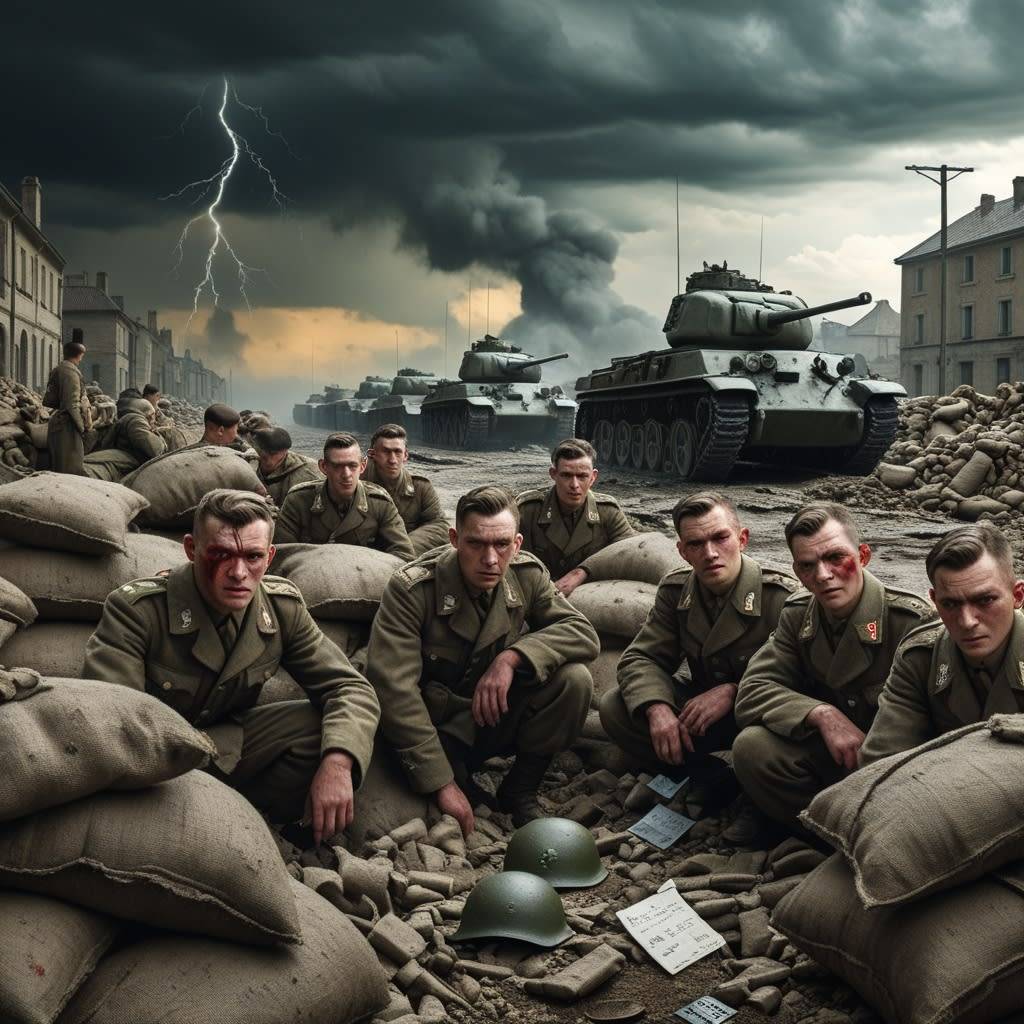Whispers from the War: Untold WWII Stories
I was poking around my grandpa’s attic last weekend, dust tickling my nose, when I stumbled on an old tin box stuffed with faded letters from his time as a radio operator in World War II. One note, scribbled in pencil, mentioned a secret codebreaking team he’d heard about—women, mostly, cracking Nazi messages in a quiet English manor. It hit me like a jolt: the war we read about in textbooks is full of shadows and secrets we rarely hear. Ever wonder what stories history tucks away, waiting for someone to find them?
There’s this quiet awe that creeps in when you uncover the hidden corners of World War II. Take those women at Bletchley Park—codebreakers like Joan Clarke, working in huts, deciphering Enigma messages that could turn the tide of battles. They weren’t soldiers, but their brains saved thousands of lives. I think about my cousin Ama, who’s a math whiz, always solving puzzles at family gatherings. She’d have fit right in, hunched over coded signals, sipping cold tea. Yet, these women got no glory—most took their secrets to the grave because of secrecy oaths. Can you imagine keeping that kind of story locked up for decades?
Or consider the Ghost Army, a U.S. unit of artists and actors who fooled the Nazis with inflatable tanks and fake radio chatter. I saw a sketch of one in a documentary once—looked like a kid’s blow-up pool toy, but it tricked German spies into thinking entire divisions were somewhere they weren’t. My neighbor, a retired art teacher, laughed when I told him. “Art saving the world,†he said, shaking his head. He’s got a point, you know? It’s wild to think painters and sound engineers outsmarted Hitler’s generals, staging whole battles that never happened.
But it’s not all quirky heroics. Some stories are darker. I read about Japan’s Unit 731, a secret group that tested biological weapons on prisoners—thousands, mostly Chinese, killed in ways too horrific to linger on. It’s chilling, isn’t it? My friend Kofi, who’s into history podcasts, says it’s the kind of thing you wish you could unlearn. Yet, many involved walked free after the war, their crimes buried in exchange for data. I saw a post on X calling it “history’s dirty deal.†Makes you wonder what else got swept under the rug.
Then there’s the lesser-known stuff, like how Mexico’s Escuadrón 201 flew dangerous missions in the Pacific, or how Caribbean volunteers joined the RAF, fighting far from home. My uncle, who grew up hearing stories of his dad’s wartime service, says these bits get lost because they don’t fit the big narrative—America, Britain, Russia, the usual players. But every corner of the world had a stake, didn’t they? I keep picturing those letters in my grandpa’s attic, each one a thread in a tapestry we’re still unraveling.
So, here I am, thinking about those codebreakers, those artists, those forgotten pilots—and the darker secrets too. World War II wasn’t just battles and bombs; it was people, ordinary and extraordinary, shaping history in ways we’re still discovering. It makes me curious, maybe a little haunted. What other stories are out there, hidden in attics or whispered in archives? And what do you think—when you look back at history, what secrets do you hope to uncover?




No comments yet
Be the first to share your thoughts!